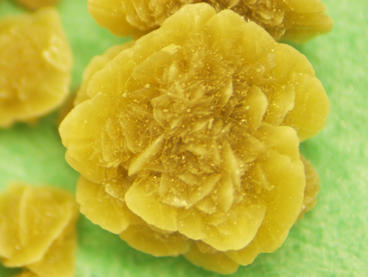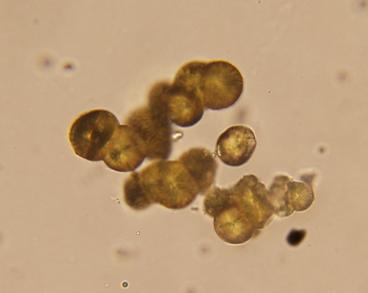Genetic risk factors for dogs with urinary stones
Calcium oxalate uroliths

Dr. Eva Furrow in the canine genetics laboratory is investigating genetic risk factors for urinary stones. She is currently seeking DNA samples (cheek swabs or blood) from dogs with CaOx stones. While the Border Collie, Dachshund, Miniature Schnauzer, Bichon Frise, and Shih Tzu breeds are her main focus, DNA from any affected breed can be helpful. Please see the Canine Genetics Lab website for more information.
Hereditary Xanthine uroliths

Dr. Furrow also recently discovered genetic mutations for xanthinuria (the cause of hereditary xanthine stones) in Cavalier King Charles Spaniels, Toy Manchester Terriers, Dachshunds, and a mixed breed dog. Tests for these mutations are available on the Canine Genetics Lab's testing page. Chihuahuas with a history of xanthine stones may be eligible for free testing.
Contact Dr. Furrow at [email protected] for more information about either study or other genetic stone types.